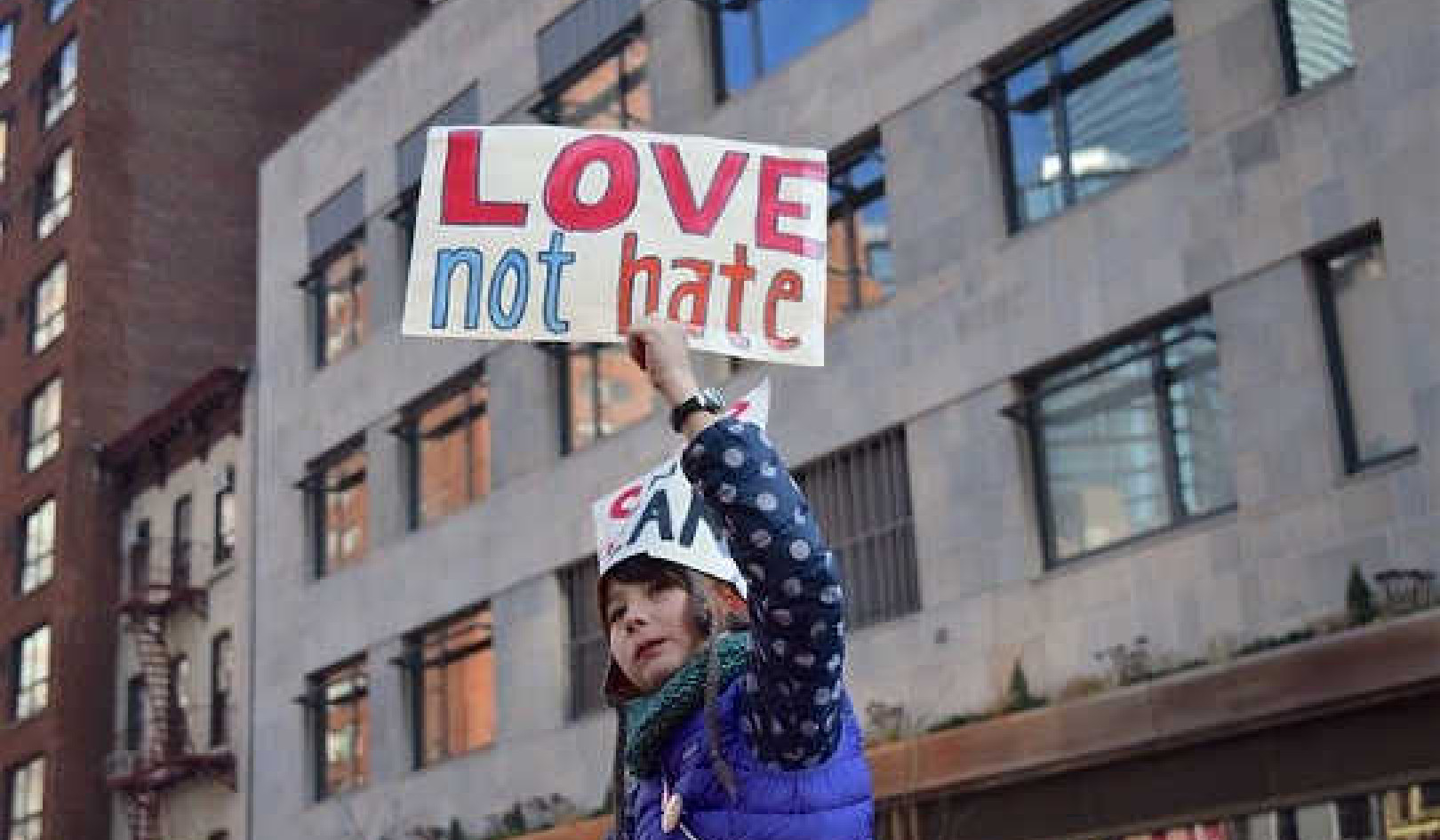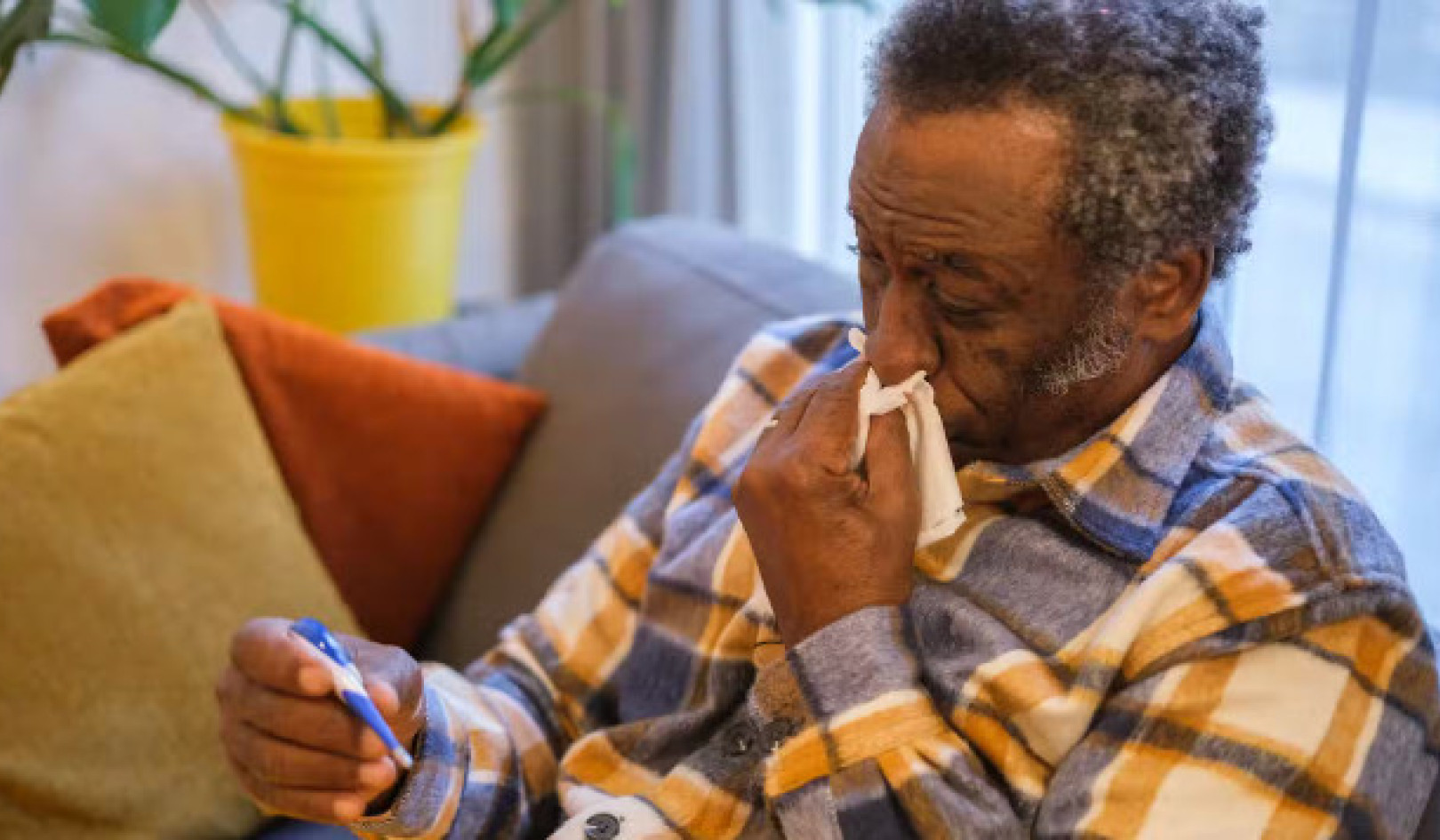
In five states that decriminalized marijuana between 2007 and 2015, there was no corresponding rise in the drug’s use among young people, a new analysis shows.
In addition, the research shows that marijuana-related arrests declined significantly in those states.
“An arrest can have a long-term impact on a teenager, even if that individual isn’t ultimately found guilty or sent to jail.”
As a handful of states have legalized marijuana for recreational use, some others have taken less dramatic steps toward decriminalizing pot by reducing the legal penalties associated with marijuana possession. In the latter, for example, possession of small amounts of marijuana for personal use is considered a civil or local infraction—similar to simple traffic violations—rather than a state crime.
“It seems decriminalization is a viable middle ground between legalization and continuing to arrest people for possessing small amounts of marijuana,” says first author Richard A. Grucza, a professor of psychiatry at Washington University School of Medicine in St. Louis. “The policies have a net positive effect on public health because we don’t see increases in marijuana use among young people, and there’s the additional benefit that there were fewer marijuana arrests.”
In states where marijuana has been decriminalized, the possession of small amounts of pot no longer carries criminal penalties, such as prison time, but possession of larger amounts and sale of the drug remain criminal offenses. The laws vary from state to state, as does what constitutes a small amount of pot—less than 10 grams in some states, but up to 50 or 100 grams in others.
High school survey
Grucza and his colleagues analyzed arrest data that the FBI compiled. They also extracted information from the school-based Youth Risk Behavior Survey, in which teens are asked questions about drug use. The researchers found that decriminalization was associated with a 75 percent reduction in marijuana-related arrests of people under the age of 21. Meanwhile, there was no increase in reported use by the high school students who took the survey.
In the states that decriminalized marijuana, about 20 percent of the teens surveyed said they had used pot at some time during the last month. That rate was slightly higher in some of the states that had decriminalized the drug than it had been in the past, and was the same or slightly lower in other such states. The rate was also about 20 percent in states that had not decriminalized marijuana.
“A school-based survey obviously has some limitations because it doesn’t include high school dropouts, but it is an anonymous survey, and we believe kids taking it are relatively honest,” Grucza says.
Public health benefit
Grucza’s team looked at arrests and rates of marijuana use in Massachusetts, which decriminalized pot in 2008, Connecticut (2011), Rhode Island and Vermont (2013), and Maryland (2014). They compared teen arrests and marijuana use in those five states with the rates in 27 other states that didn’t make policy changes between 2007 and 2015. Although arrest rates also declined in some states that didn’t decriminalize marijuana, the rates dropped two to three times as much in the five states that did.
“That’s a big public health bonus,” Grucza explains. “An arrest can have a long-term impact on a teenager, even if that individual isn’t ultimately found guilty or sent to jail. Scholarship opportunities and grants can be lost, and in some states, drivers’ licenses are confiscated. There are several important life consequences that go along with having a criminal record after an arrest for marijuana.”
The negative consequences associated with drug arrests are a primary reason a number of public health organizations, including the American Academy of Pediatrics, have announced support for decriminalization while still opposing pot legalization.
Grucza says it’s too early to tell how legalization will affect arrest and use rates in the states where recreational pot has been made legal, but he believes decriminalization could be a net positive for states that don’t want to condone use of the drug but also don’t want to punish citizens for possessing small amounts of pot.
The National Institute on Drug Abuse of the National Institutes of Health supported the work. The findings appear in the International Journal of Drug Policy.
Source: Washington University in St. Louis
Related Books:
at InnerSelf Market and Amazon



























